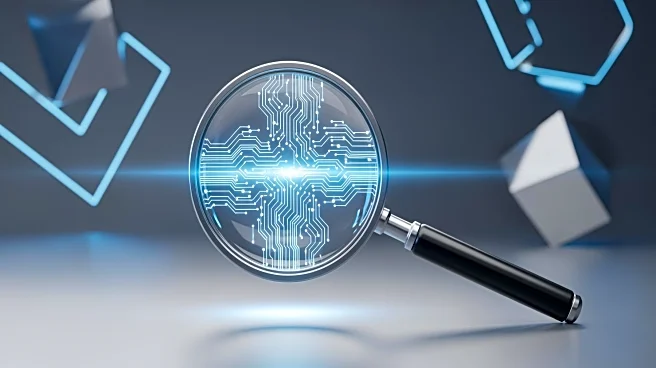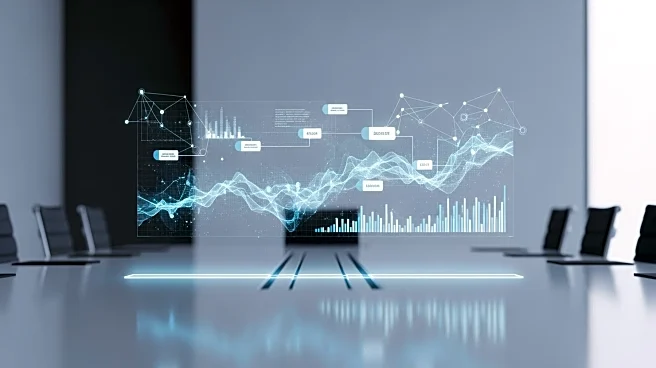What's Happening?
Mottaz & Sisk Injury Law, a Minnesota-based personal injury and work injury firm, has launched a 2025 Video Series aimed at educating electrical workers about their legal rights and protections. The series,
which is released weekly, addresses workers' compensation laws and provides guidance for those seeking legal aid for personal injuries. The initiative is part of a broader effort to raise awareness among Minnesota workers about their rights, especially in the face of complex regulations and inconsistent information. The firm uses social media platforms to disseminate these educational videos, making legal information accessible and understandable for the community.
Why It's Important?
The launch of the 2025 Video Series by Mottaz & Sisk Injury Law is significant as it addresses a critical gap in legal education for workers in Minnesota, particularly those in the electrical industry. By simplifying complex legal concepts and using social media to reach a wider audience, the firm is empowering workers with the knowledge needed to navigate workplace injuries and compensation claims. This initiative not only supports individual workers but also strengthens community awareness about legal rights, potentially leading to better workplace practices and protections. The series reflects a shift in how legal professionals engage with clients, leveraging digital platforms to enhance access to legal education.
What's Next?
Mottaz & Sisk Injury Law plans to continue expanding its digital outreach through the 2025 Video Series, introducing new themes and event features that highlight other essential industries. The firm aims to make this series a permanent, free resource for Minnesota residents, ensuring ongoing access to reliable legal information. As the series grows, it may inspire other legal entities to adopt similar educational approaches, further transforming the landscape of legal education and client engagement.
Beyond the Headlines
The 2025 Video Series by Mottaz & Sisk Injury Law not only educates workers but also represents a broader trend in the legal industry towards digital engagement and client empowerment. By using video storytelling and plain-language explanations, the firm is breaking down barriers to legal understanding, which could lead to increased advocacy and improved workplace conditions. This approach highlights the evolving role of legal professionals in community education and the potential for digital platforms to democratize access to legal knowledge.










